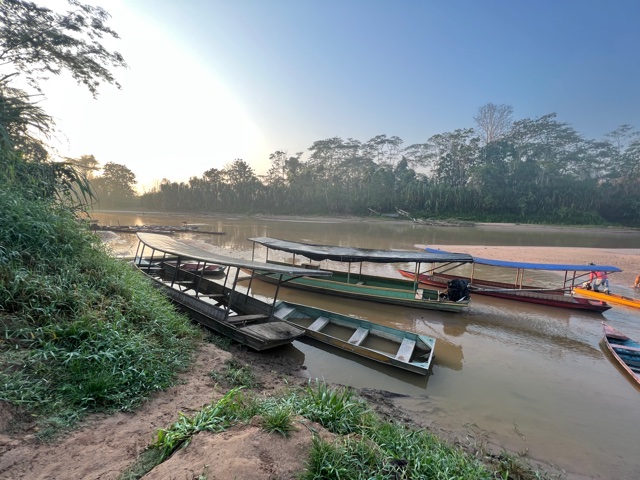
Healing Encounters: Reinventing an indigenous medicine in the clinic and beyond
Healing Encounters aims to develop a symmetrical, ethnographically-grounded theory of healing from the perspective of those who give, receive or evaluate it. To do this it examines the prolific reinventions of healing practices that make use of an Amazonian herbal brew commonly known as “ayahuasca” (or Nixi pae, Oni, Daime, Yaje…).
Through participant observation, interviews, multi-sited ethnography, collaborative workshops, speculation and the use of multidimensional research methods we analyse healing across three interrelated sites: one neotraditional (Healing in the City), one biomedical (Healing in the Laboratory), and one Indigenous (Healing in the Forest) where ayahuasca is used in carefully structured rituals. These practices are entangled in long histories of colonial and neo-colonial encounters: they are all — Indigenous and biomedical alike — thoroughly modern, mixed and reinvented. Our comparative analysis is structured around three transversal encounters that are:
- Materialsemiotic Encounters: To map the entanglement of biological and symbolic effects in healing practices.
- Encounters Beyond-the-Human: To bring attention to the healing propitiated by relations with more-than-human beings, spirits or companion species enmeshed in webs of relationality with humans.
- Ontological Encounters: To recognise a multiplicity of ontologies within a common world of encounters.
The project adopts the “encounter” as an analytic and a method, starting from the idea that ontologies (those of indigenous people, urban ritual experts, doctors, clinicians and participants) are constituted in relation to Others. Our analysis of how different world-making projects redefine one another as they compose a stratified but shared world is grounded in feminist and decolonial theories and methodologies.
The project aims to rethink entanglement, relationality and practices of radical care among and between human and more-than-human beings. We examine what healing means beyond the individualistic frame common in Western settings, as it comes to encompass questions concerning the right to territory, food sovereignty, access to clean water and air, or to environments free of toxic contamination. Exploring the myriad meanings of healing alongside our collaborators in Indigenous and non-Indigenous South America leads us to foreground questions of sustainability, equity and healing justice in our analyses of different ayahuasca projects. As a team, we are concerned with the complex, layered entanglements of ayahuasca and colonialism and attend to the ways settler colonial tactics continue to extract plants and knowledges from their multispecies webs of relations. Thinking through the question of extraction, we examine how knowledge is produced and which knowledges about the brew are authorized and able to circulate, as ayahuasca gains an unprecedented level of international visibility.






